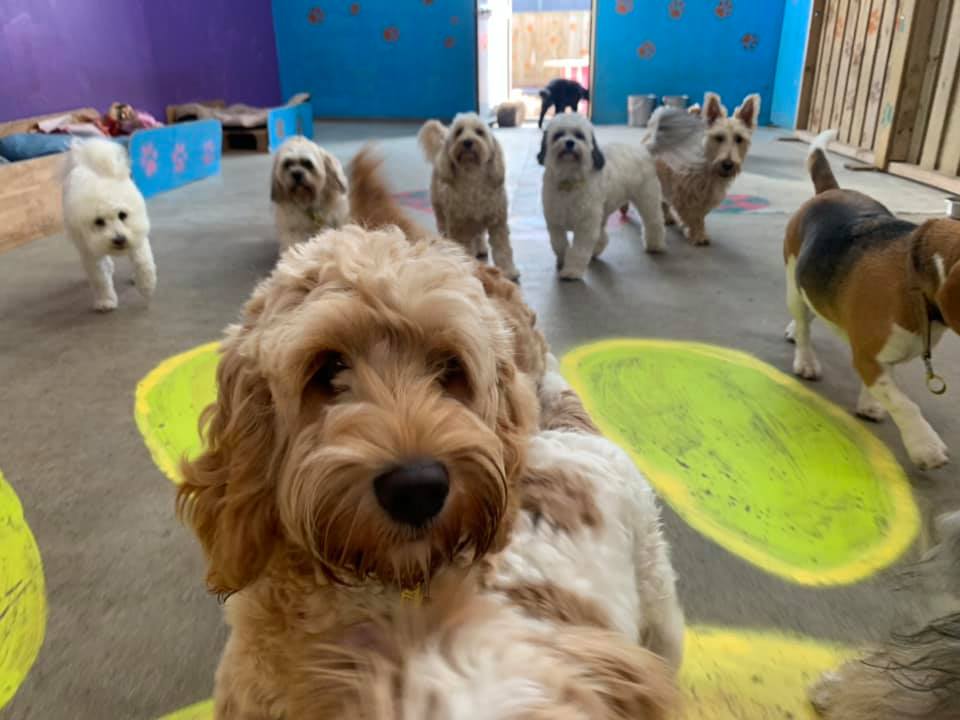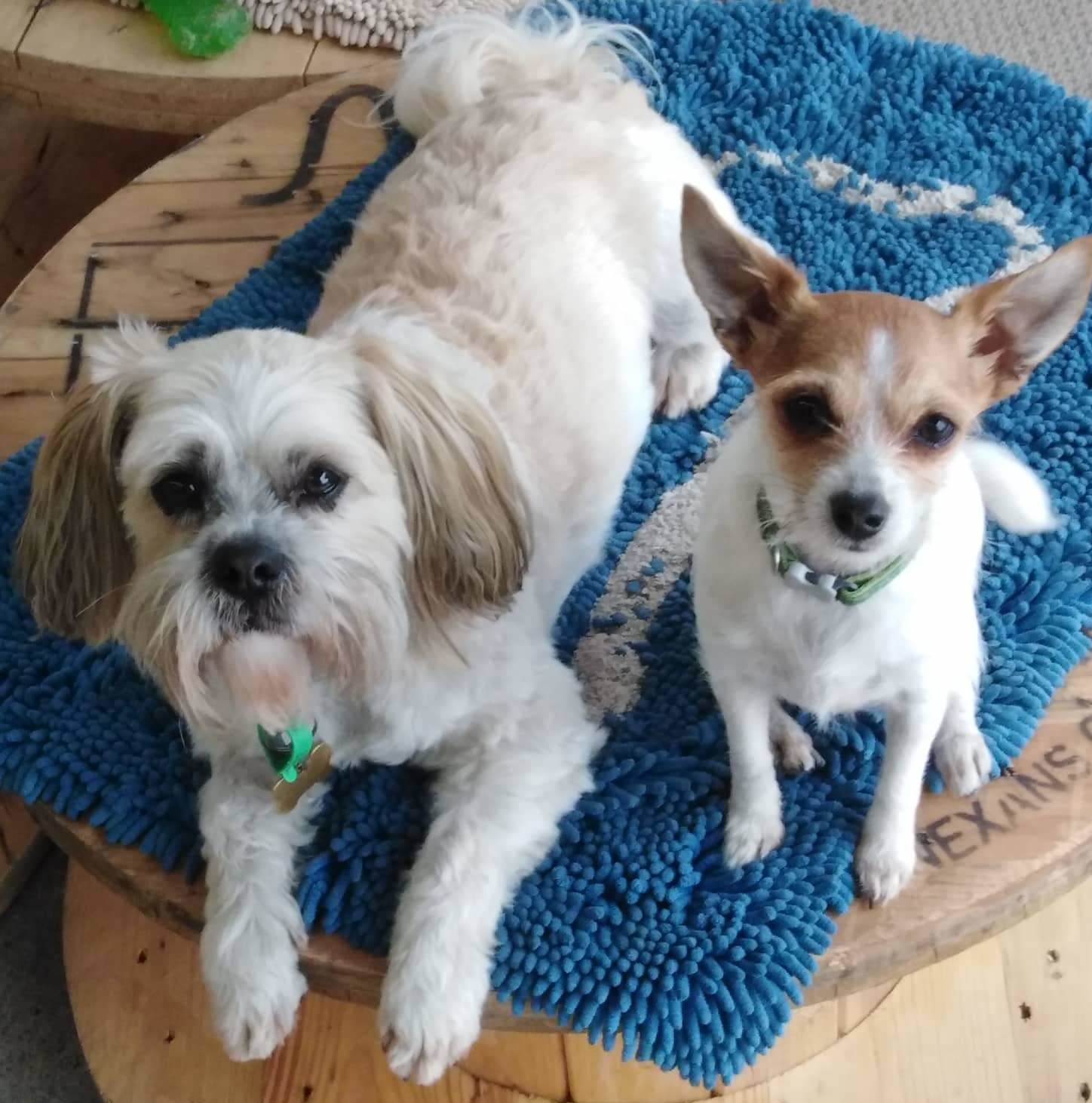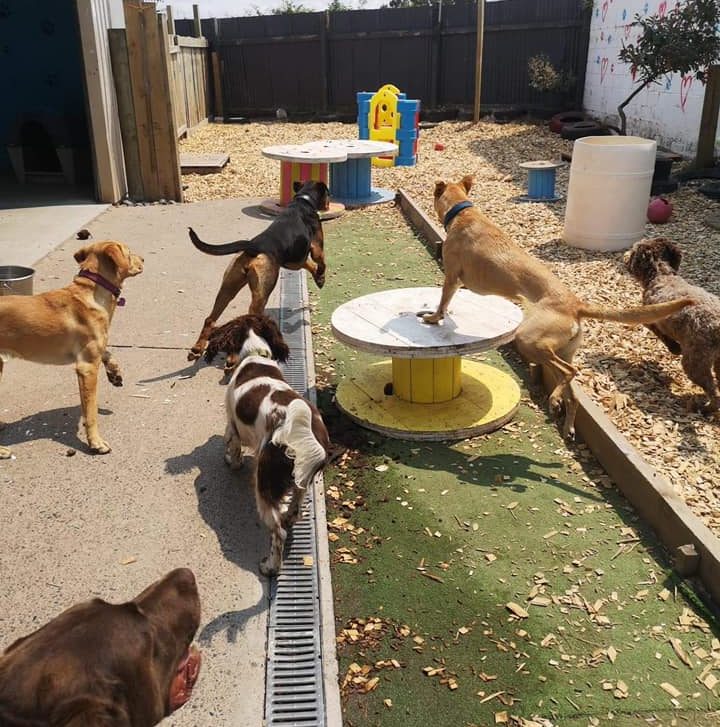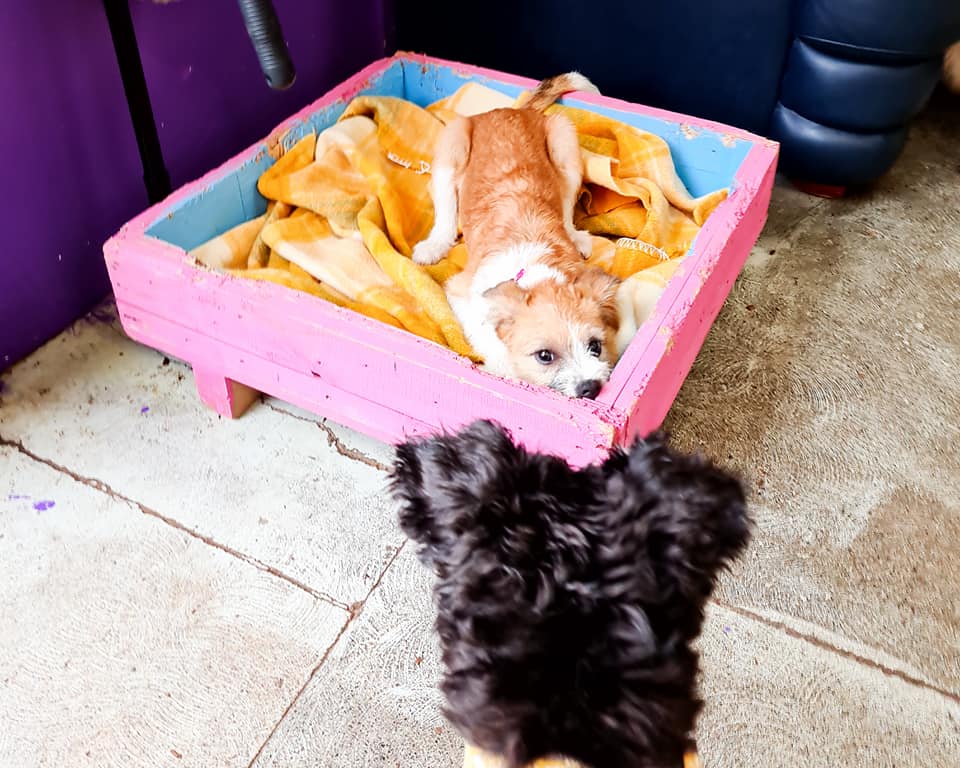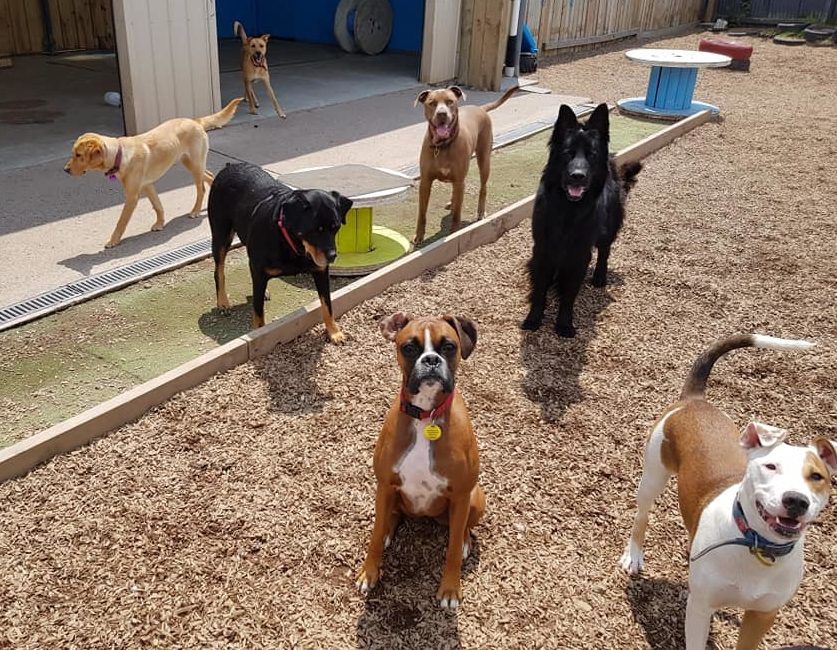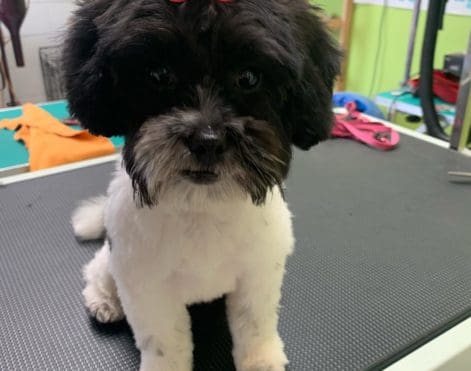Why is it so important to socialise your dog?
Dogs who spend time interacting, exercising, and playing with other dogs and people lead healthy and happy lives. … Puppy socialization is critical to ensure your dog has a happy and well-balanced life. Socialization teaches your pup that making friends, listening to others, and exercising is all fun!
Unfortunately for a lot of us pet parents, we don’t fully understand what it means to socialize our pups, or we don’t feel that giving our dogs a social life is really all that important.
As a parent of three fur babies myself and with my years working alongside veterinarians, I’ve seen firsthand the grave consequences of an un-socialized pup maturing into adulthood. Fearful aggression towards other pets and people is always the result of an un-socialized pet, which I imagine you can foresee the devastating outcome.
Socializing our domesticated canines has become so important these days that veterinarians believe socialization even outweighs the potential risk of contracting an infection during the multi-dog introduction process.
Now that doesn’t mean we should let Fido run loose at the dog park with a bunch of unfamiliar dogs. No, that’s a recipe for disaster. Dog experts recommend taking your pooch to a professional dog training class where they help young dogs learn important social skills in a controlled environment.
We can begin the socialization process as early as 7-8 weeks of age and continue throughout our furry friend’s lifetime. Experts recommend enrolling your pup in a puppy class run by professionals because all the dogs in the class are required to be vaccinated, so there are minimal health risks.
WHAT DOES IT MEAN TO SOCIALIZE YOUR PUP
So, what does it mean to socialize your pup? Socialization is the act of exposing your dog to as many new environments, animals, people and other stimuli as possible without overdoing it. Overwhelming a young dog with a bunch of new experiences can result in a fearful, withdrawn behavior, so you will need to have an idea of how much is enough.
Socializing Includes The Following:
- Handle your puppy from an early age, teaching them to accept different areas of their body being touched.
- Expose your dog to new situations, places, pets and people in a safe, controlled environment.
- Encourage your pup to explore the world around him, while safely supervising.
- Introduce your puppy to new stimuli, games, and toys.
- Bring your pup on car rides to give them the opportunity to experience new places.
Start Your Dog’s Social Life Early
Socializing your puppy should engage the senses, as you find fun ways to introduce the smells, sounds and sights of daily life. The more you introduce your pup to these new stimuli, the more comfortable he or she will be in different situations. The end result is a puppy that has learned to handle new experiences in an appropriate and socially acceptable behavior.
Giving your dog a social life at an early age proves to be the most effective time for developing appropriate behaviors. As they say, it’s tough to teach an old dog new tricks, the same goes for learning new behaviors. Dogs that haven’t been properly socialized develop lifelong psychological problems such as fearfulness, anxiety and separation anxiety that are not desired traits of a family pet.
Nearly 50% of all dogs in shelters have at least one of these behavioral problems. The behaviors aren’t a reflection on a dog’s personality, but the result of improper socialization from the owner.
WHERE NOT TO SOCIALIZE YOUR PUPPY
When thinking about where you could socialize your dog, rule out all forms of human entertainment. Dogs experience situations in a much different way than we do, therefore, events that were designed to entertain us are not ideal situations for them. PetMD’s writer and dog trainer, Victoria Schade, shares with us a list of venues that your pooch would prefer to avoid:
Fairs
Craft fairs and even county fairs, are not the best outing to share with your four-legged friend. Depending on what type of fair you are attending, there’s a good chance Fido will become bored, anxious or fearful with the crowds of people, avoiding to get stepped on.
Dog Parks
Dog parks are designated for dogs that are already well-socialized, NOT for dogs in need of socialization. When we allow a un-socialized dog to interact in an uncontrolled situation, we are putting everyone at risk. A seemingly harmless interaction between pups can quickly turn into a dog fight and you will be held responsible for the outcome. The dog park can be a fun experience for you and your dog if appropriate behaviors have been addressed well beforehand. If your pooch shies away from other dogs, acts aggressively or fearful on the leash, then this behavior should be corrected before the leash ever comes off at a dog park.
Concerts
Although many dogs enjoy the gentle sound of music, concert music is amplified to reach the masses and too much for our dog’s sensitive ears, but the music isn’t our only concern. As the crowd gathers to see the show, the heat levels rise from everyone smashed together and it may seem a bit toasty to you, but it will feel like an oven for a dog. As your pooch starts to feel uncomfortable, they may whine and try to escape, which people around you will not enjoy. It’s better to leave your dog at home with some easy-going tunes.
ADDITIONAL TIPS TO SOCIALIZATION
Take it slow and stay positive. Never rush or force your pup in the socializing process. Keep new interactions and stimuli brief, but frequent. Socializing your dog should be a fun, enjoyable experience, going through the process together to create a better future.
Invite A Small Group Of Friends Over
Make this interaction a quiet, calm experience allowing your pup to meet people of different ages, genders, and ethnicities. Invite one of your friend’s happy, healthy dogs or cats to your home, creating a playdate for your pup. We recommend switching off who hosts the playdate to avoid territorial behaviors among dog friends.
In the future when you have a professional take a look at your pup, like the veterinarian or groomer, the less fear your dog will feel when a stranger handles him because you started him at an early age.

